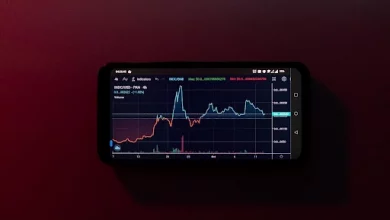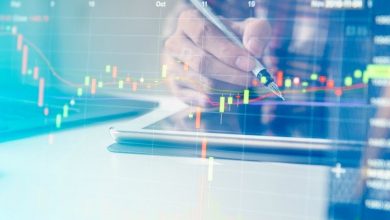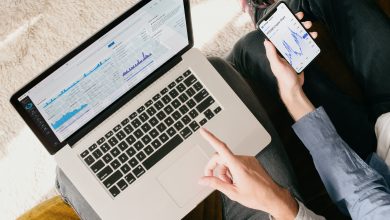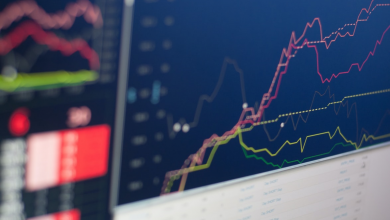Forex vs commodities: What is better for trading?
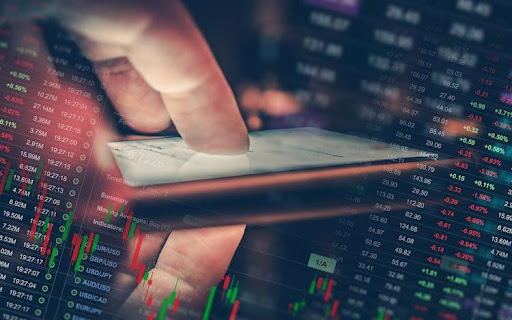
What is the difference between forex and commodity trading? Let’s find out which assets generate more profit and what is safer.
Contents
The greatest difference between forex and commodity exchange appears because the assets themselves vary in these business sectors. Both forex rates and products can be exchanged as pre-set contracts through a futures trade, however, commodity contracts can’t be exchanged through a forex platform. A commodities market exchanges real-life products like coffee, grains, and mined items like gold and gas. Forex is a foreign exchange platform that’s designed for trading such assets as fiat money (EUR, USD, and so on).
The approaches to both market analyses reflect each other. Which market you incline toward has a great deal to do with your convenience and the following elements.
Individual preferences
Certain individuals feel more alright with particular kinds of business sectors. For example, some traders like commodities since it’s an actual market that really exists. Since commodities can be observed in everyday life. Some traders prefer commodities since they can be associated with tangible things, for example, wheat or oil.
Legal issues and regulation
The commodities market is under ultimate control, while forex is more chaotic and legally vague. There is some legal regulation developed for forex, but it’s not that strictly followed. In fact, forex traders are not really limited in their actions and are free to trade assets whenever they want. Some traders cherish the fact of having authorities on their side.
Leverage in Forex and currency trading
Despite the fact that there is margin trading available in the two business sectors, there is significantly higher leverage in the forex market and you don’t have to spend thousands of dollars to trade. Everything you do is create an account with two or three hundred dollars, and you can handle thousands. While leverage is likewise present in the commodities market, the leverage in the forex market is considerably more staggering.
Trade limits
Commodities are legally exchanged on a platform while forex trades are performed over-the-counter and exchanged through brokers or some banks. While being traded on exchanges commodities stay in daily range limits. When the limits are exceeded, markets get particular signals, and no new deals can be placed. If you trade commodities and happen to choose the wrong side, you will see your deposit disappear gradually.
Although some losses can also take place on the forex market, there are not many cases where you are totally incapable of closing your deal which can occur with trade limits on the commodities market.
So, what to choose?
A merchant searching for a trade-off could exchange commodity-connected currencies. These coins include Australian, Canadian, and New Zealand dollars. For example, AUD has a strong correlation with the cost of gold (although this connection is not stable and varies year from year). The economy of New Zealand is connected with diary prices (particularly, the price of milk powder). Lastly, CAD has a strong correlation with the cost of oil.
One more option for trading on foreign markets is to choose emerging currencies. Emerging market assets can also be tied to commodity growth while having an inverse correlation with the US dollar. Hence, they can generate a higher return. They can be used in tandem with volatile commodities.

